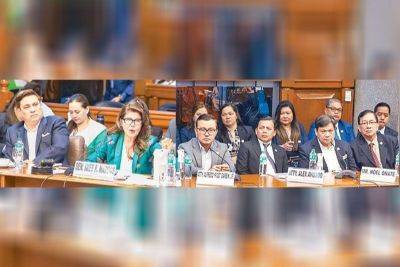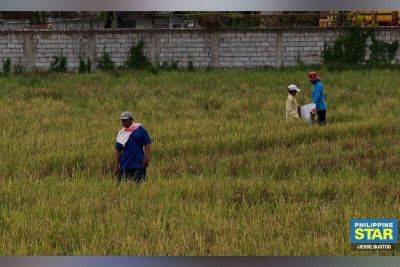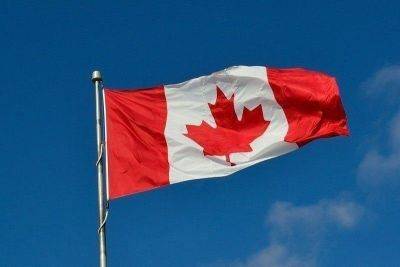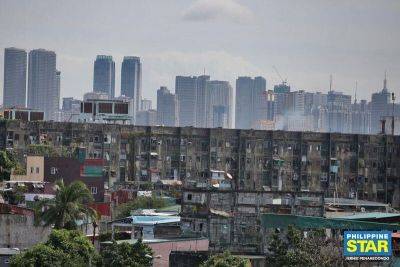P250 billion needed to provide water for 40 million Pinoys
MANILA, Philippines — The government needs at least P250 billion to provide potable water and sanitation to at least 40 million Filipinos with no access yet to clean and safe drinking water, a ranking official of the Department of Environment and Natural Resources (DENR) said yesterday.
Environment Undersecretary Carlos David noted in his presentation at the Waste and Water Summit at SMX Convention Center in Pasay that only 74 million of the country’s population have access to piped and potable water and 3.8 million still practice open defecation.
“It is not a big amount. In fact last year, the government spent P17 billion for the water supply problem,” David said.
The DENR official said 24 percent of residents in the Bangsamoro Autonomous Region in Muslim Mindanao (BARMM) have no water supply and 20 percent still practice open defecation.
“As we can see, in the National Capital Region, 99 percent (of households) have access to basic water services. What areas have the shortage? These include Region 7 or Central Visayas, roughly around 11 percent of the population still requires basic water services,” he said.
In Zamboanga peninsula, he added, 14 percent of the population still have no basic water services, while in BARMM the figure is 27 percent, the highest. In Agusan del Sur, many areas also do not have access to basic water supply and sanitation, he added.
While open defecation is already prohibited in all municipalities and barangays, the government cannot enforce it as many Filipinos still don’t have access to sanitation services, he pointed out.
“We cannot prohibit it if we don’t have open infrastructure, that is why a big portion of the country’s population still practice open defecation as they lack proper sanitation services,” David said.
He cited for instance Western Visayas where 11 percent of the total population still practice open defecation. It was eight percent for Region 5 or Bicol.
“This means that these areas have no proper sanitation services. We need to address this and obviously, all the rest of the country will require some form of investment to improve water services and basic sanitation services,” he added.
“We are here in this summit







